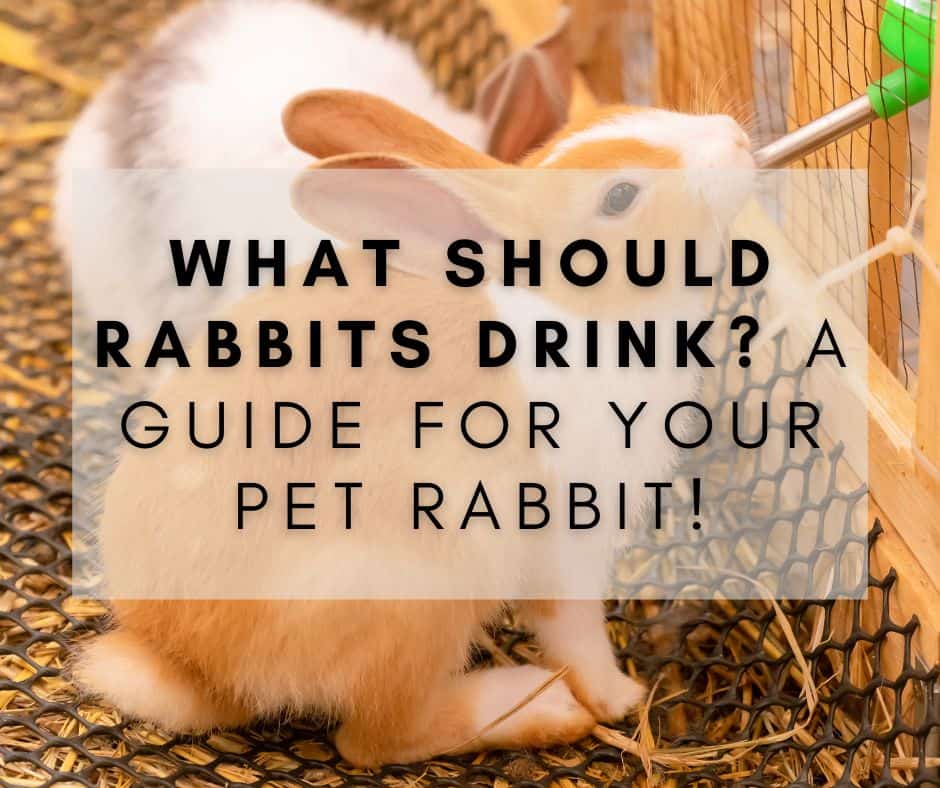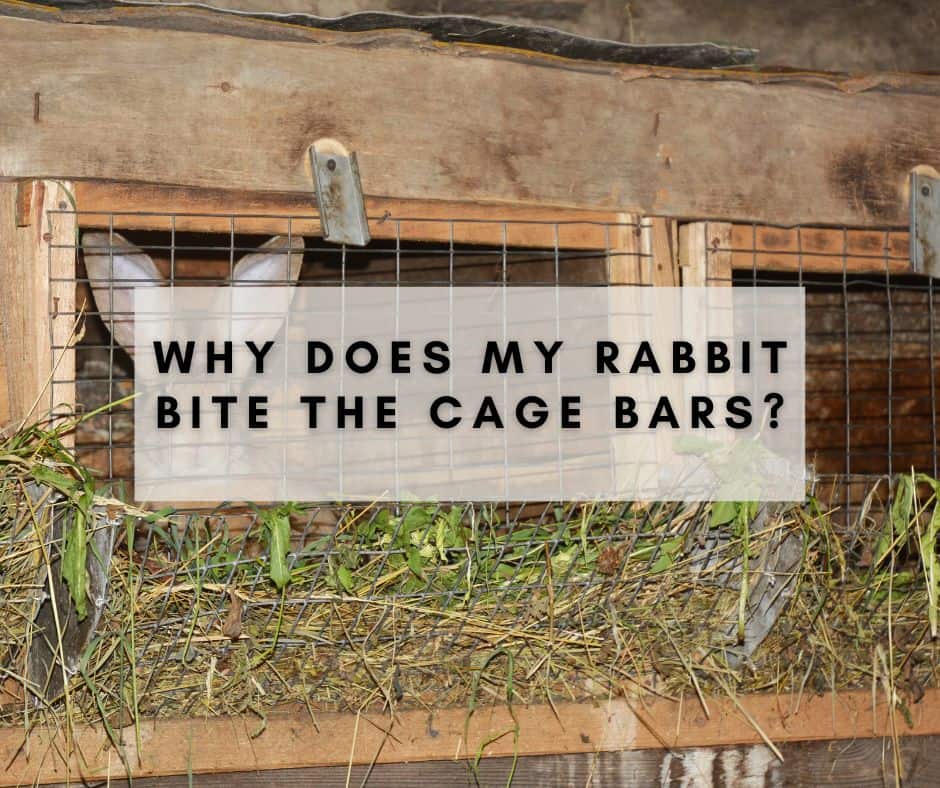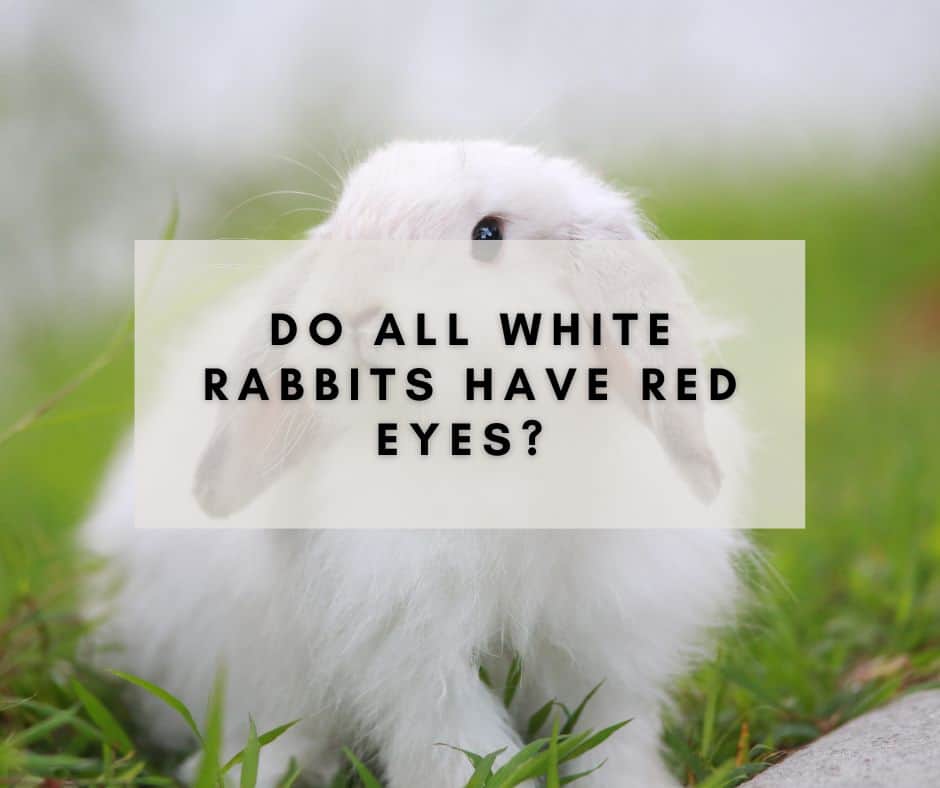Rabbits are adorable creatures that make great pets. They are herbivores and require a specific diet to stay healthy. A crucial part of a rabbit’s diet is water. But what should rabbits drink?
Water is the best drink for rabbits. It is essential for their health and well-being, just like it is for humans and other mammals. Rabbits require a surprisingly large amount of water, and their water intake can vary depending on various factors such as their size, weight, and pregnancy status.
While water is the only drink that rabbits need, not all water is suitable for them. It is crucial to provide clean, fresh, and unflavored water that is free from bacterial contamination or toxins such as lead. In this article, we will explore what rabbits should drink and how much water they need to stay healthy. We will also discuss the different ways to provide water to your furry friend and answer some common questions about rabbits and water.
Contents [show]
Importance of Hydration for Rabbits
Rabbits, like all animals, need water to survive. They require water for a variety of reasons, including digestion, circulation, and overall health. Water makes up a significant portion of a rabbit’s body, and it is essential for maintaining proper bodily functions.
One of the most important reasons for ensuring that rabbits are properly hydrated is to prevent dehydration. Dehydration can occur when a rabbit does not have access to enough water, or when they lose too much water due to illness or other factors. Dehydration can lead to a variety of health problems, including digestive issues, lethargy, and even death in severe cases.
In addition to preventing dehydration, proper hydration is also important for maintaining healthy digestion in rabbits. Rabbits have a unique digestive system that requires them to consume large amounts of fiber. Without enough water, the fiber in a rabbit’s diet can become impacted in their digestive tract, leading to a condition known as gastrointestinal stasis. This condition can be life-threatening and requires immediate veterinary attention.
Finally, proper hydration is also important for maintaining a rabbit’s overall health and well-being. Rabbits that are properly hydrated are more active, have healthier coats, and are less prone to illness and disease.
To ensure that rabbits are properly hydrated, it is recommended that they have access to clean, fresh water at all times. Rabbits should be provided with a water bottle or bowl that is changed daily to prevent the buildup of bacteria. Additionally, rabbits should be encouraged to drink water by providing them with fresh vegetables and leafy greens that have high water content.
Overall, ensuring that rabbits are properly hydrated is essential for their health and well-being. By providing them with access to clean water and encouraging them to drink, pet owners can help prevent dehydration and promote healthy digestion and overall health in their furry friends.
| Rabbit Weight | Water Intake |
|---|---|
| 1 lb | 4 oz |
| 2 lb | 8 oz |
| 3 lb | 12 oz |
| 4 lb | 16 oz |
| 5 lb | 20 oz |
| 6 lb | 24 oz |
| 7 lb | 28 oz |
| 8 lb | 32 oz |
Water as the Primary Source of Hydration
Rabbits need water for many physiological processes and optimal body functioning. Water is essential to maintain a rabbit’s overall well-being as well as temperature regulation. Rabbits should have access to fresh and clean water at all times.
Water Intake
Rabbits require a significant amount of water intake to maintain their health. A rabbit’s water intake depends on its age, weight, and activity level. On average, a healthy adult rabbit should consume around 50-150 milliliters of water per kilogram of body weight per day. Therefore, a rabbit weighing 2.5 kilograms should consume between 125-375 milliliters of water per day.
Water Bowls vs. Water Bottles
Rabbit owners have the option of providing their rabbits with either a water bowl or a water bottle. Both options have their advantages and disadvantages. Water bowls provide a more natural drinking experience for rabbits, and they can easily lap up the water. However, bowls can become contaminated with food or debris, and they can be easily tipped over. On the other hand, water bottles are less likely to become contaminated, and they are less likely to spill. However, some rabbits may not be comfortable drinking from a water bottle, and they may not get enough water intake.
Tap Water vs. Bottled Water
Rabbit owners may wonder if tap water is safe for their rabbits to drink. In general, tap water is safe for rabbits as long as it is safe for humans to drink. However, if the tap water in your area has a high level of contaminants or toxins, it may not be safe for your rabbit. In this case, you may want to consider using bottled water or a water filter to ensure that your rabbit is drinking clean and safe water.
Dehydration
Dehydration is a common issue in rabbits, and it can be life-threatening if left untreated. Signs of dehydration in rabbits include lethargy, dry mouth, sunken eyes, and dry skin. To prevent dehydration, rabbit owners should ensure that their rabbits have access to fresh and clean water at all times. Additionally, rabbit owners can encourage their rabbits to drink more water by adding herbs or unsweetened juices to the water or by using syringes or eyedroppers to administer water directly.
In summary, water is the primary source of hydration for rabbits, and it is essential for their overall well-being. Rabbit owners should ensure that their rabbits have access to fresh and clean water at all times, and they should monitor their rabbit’s water intake to prevent dehydration.
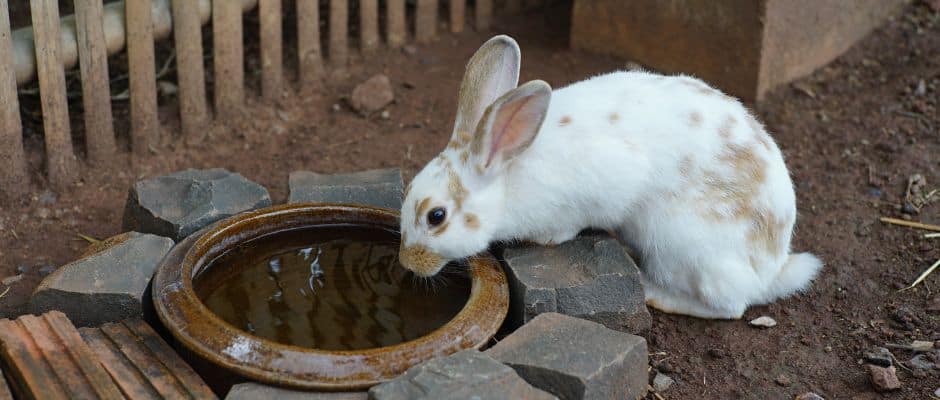
Other Drinks for Rabbits
While water is the best drink for rabbits, they can also have other drinks in moderation. It is essential to ensure that the drinks are safe and provide nutritional value to the rabbit.
Fruit Juice and Soda
Rabbits can have fruit juice in small quantities, but it should be diluted with water. Citrus fruits such as orange, tangerine, satsuma, mandarin, clementine, and grapefruit are safe for rabbits. However, fruit juice should not replace water in the rabbit’s diet.
Soda, on the other hand, is not suitable for rabbits. It contains high levels of sugar and caffeine, which can cause digestive problems and obesity in rabbits.
Milk and Dairy Products
Rabbits are lactose intolerant, and milk and dairy products can cause digestive problems such as diarrhea. Therefore, it is best to avoid giving milk and other dairy products to rabbits.
Sports Drinks and Alcohol
Sports drinks contain high levels of sugar and salt, which can be harmful to rabbits. They are not a suitable replacement for water in a rabbit’s diet.
Alcohol is toxic to rabbits and can cause severe health problems, including liver and kidney damage. Therefore, it is crucial to keep alcohol away from rabbits.
Tea and Coffee
Tea and coffee contain caffeine, which can cause digestive problems, hyperactivity, and even death in rabbits. Therefore, it is best to avoid giving tea and coffee to rabbits.
In conclusion, water is the best drink for rabbits, and other drinks should be given in moderation. It is crucial to ensure that the drinks are safe and provide nutritional value to the rabbit. If you are unsure whether a drink is safe for your rabbit, consult a veterinarian.
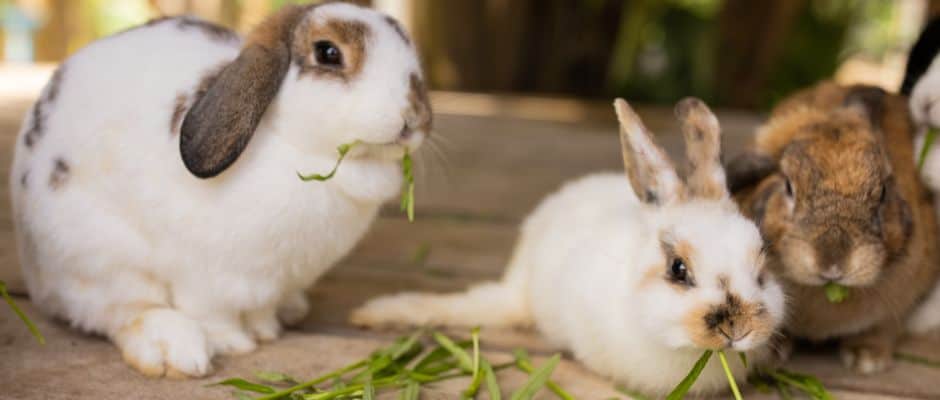
Fruits and Vegetables as a Source of Hydration
Rabbits require a constant supply of water to stay hydrated and healthy. In addition to fresh water, rabbits can also get hydration from fruits and vegetables. This section will discuss some of the best fruits and vegetables to give your rabbit for hydration.
Fresh Vegetables
Fresh vegetables are an excellent source of hydration for rabbits. Vegetables like cucumbers, celery, and tomatoes have a high water content and can help keep your rabbit hydrated. These vegetables can be given to your rabbit in small amounts as a treat.
Leafy Greens
Leafy greens are a great source of hydration for rabbits. Greens like lettuce, kale, and spinach have a high water content and are also packed with nutrients that are essential for your rabbit’s health. However, it is important to note that some greens, such as parsley, mustard greens, and spinach, have relatively high levels of oxalic acid and should be given in moderation.
Fruits
As you might have guessed, fruits are a tasty and refreshing way to keep your rabbit hydrated. Fruits like watermelon, which is over 90% water, are an excellent source of hydration for rabbits. Other fruits like apples, pears, and citrus fruits can also be given to your rabbit in small amounts as a treat.
It is important to note that while fruits and vegetables can be a good source of hydration for rabbits, they should not be the sole source of water. Rabbits should always have access to fresh, clean water. Additionally, it is important to introduce new fruits and vegetables slowly, as too much too quickly can upset your rabbit’s digestive system.
In conclusion, fruits and vegetables can be a great source of hydration for rabbits. Fresh vegetables, leafy greens, and fruits like watermelon, apples, and citrus fruits can help keep your rabbit hydrated and healthy.
Importance of Clean Water
Clean water is essential for rabbits to maintain their health and well-being. Rabbits need a constant supply of fresh, clean water to stay hydrated, aid digestion, and regulate their body temperature. Water is also essential for the proper functioning of their organs, including their kidneys and liver.
Providing clean water to rabbits is crucial because dirty or contaminated water can cause health problems. Bacteria and other harmful substances can grow in dirty water, leading to infections and illnesses. Rabbits can also be sensitive to high levels of calcium in their water, which can cause urinary tract problems.
It is recommended to provide rabbits with fresh, clean water daily. The water should be changed at least once a day or more if it becomes dirty or contaminated. If using a water bottle, make sure to check the nozzle regularly to ensure it is working correctly and not clogged.
If a rabbit stops drinking water or shows signs of dehydration, it is essential to seek veterinary care immediately. Dehydration can be life-threatening, and a veterinarian can provide the necessary treatment and fluids to rehydrate the rabbit.
The ASPCA and Animal Poison Control Center recommend avoiding adding any additives or supplements to a rabbit’s water, as they can cause health problems. If a rabbit requires additional nutrients, it is best to provide them through their diet rather than their water.
In summary, providing clean, fresh water is essential for a rabbit’s health and well-being. Regularly changing their water and avoiding additives or supplements can prevent health problems and ensure they stay hydrated and healthy.
Risks and Dangers of Certain Drinks and Foods
Rabbits are herbivores, and their diet mainly consists of hay, fresh vegetables, and water. However, some foods and drinks can be harmful to their health. In this section, we will discuss the foods and drinks that rabbits should avoid.
Foods to Avoid
- Sugar: Rabbits do not have a sweet tooth, and sugar is not a part of their natural diet. Feeding rabbits sugary foods can lead to obesity, dental problems, and digestive issues.
- Grapes and Raisins: Grapes and raisins can cause kidney failure in rabbits. Even a small amount of grapes or raisins can be toxic to rabbits.
- Chocolate: Chocolate contains theobromine, which is toxic to rabbits. Chocolate can cause diarrhea, vomiting, seizures, and even death in rabbits.
- Xylitol: Xylitol is a sugar substitute that is often used in sugar-free gum and candy. Xylitol is toxic to rabbits and can cause liver failure.
- Avocado: Avocado contains persin, which can cause respiratory distress, heart failure, and even death in rabbits.
- Onions and Garlic: Onions and garlic can cause anemia in rabbits. Anemia is a condition in which there is a decrease in the number of red blood cells in the body.
- Eggs: Eggs are not a part of a rabbit’s natural diet. Feeding eggs to rabbits can lead to digestive problems.
- Salt: Rabbits do not require salt in their diet. Feeding salt to rabbits can lead to dehydration and other health problems.
Banned Drinks
- Milk: Rabbits are lactose intolerant and cannot digest milk properly. Feeding milk to rabbits can lead to diarrhea and other digestive problems.
- Caffeine: Caffeine is a stimulant that can cause heart problems, seizures, and even death in rabbits.
- Alcohol: Alcohol is toxic to rabbits and can cause respiratory distress, coma, and even death.
In addition to the foods and drinks mentioned above, rabbits should also avoid wooden chew toys, as they can cause digestive problems and blockages. Rabbits should also avoid bedding made from cedar or pine, as it can cause respiratory problems.
Feeding rabbits treats in moderation is okay, but it is important to choose treats that are safe for rabbits. Some safe treats for rabbits include fresh fruits and vegetables, hay cubes, and timothy hay-based treats.
Rabbits also produce cecotropes, which are a type of feces that rabbits eat to obtain nutrients. If a rabbit is not producing cecotropes or is not eating them, it could be a sign of digestive problems or stress.
Overall, it is important to provide rabbits with a healthy and balanced diet to ensure their health and well-being.
Conclusion
In conclusion, rabbits should drink water as their primary source of hydration. Water is essential for the body to function, and rabbits need it for the same reasons as people and other mammals. Rabbits are made up of about 73 percent water, which makes it necessary for them to drink enough water to stay hydrated.
It is important to provide a constant supply of clean water to your rabbits, as they drink frequently. Water is needed for your rabbit to function at their best, and their digestive system needs to work correctly. Rabbits have complex and sensitive digestive system, and their body needs good-quality hay and water to function correctly.
Rabbits should avoid drinking sugary drinks, as these can lead to obesity and other health issues. It is also important to avoid feeding rabbits nuts, as they can cause digestive problems and even death.
Young rabbits need more protein than adult rabbits, and they require alfalfa hay to meet their nutritional needs. Adult rabbits should eat more leafy green vegetables to help control their weight and promote healthy teeth.
It is also essential to monitor your rabbit’s urine and fecal pellets to ensure they are healthy. If you notice any changes in their urine or feces, you should take them to the vet immediately.
In summary, providing clean water, hay, and leafy green vegetables are essential for a rabbit’s health. Avoiding sugary drinks and nuts is also important, and monitoring their urine and fecal pellets is necessary to ensure their health. By following these guidelines, you can help your rabbit live a long and healthy life.

